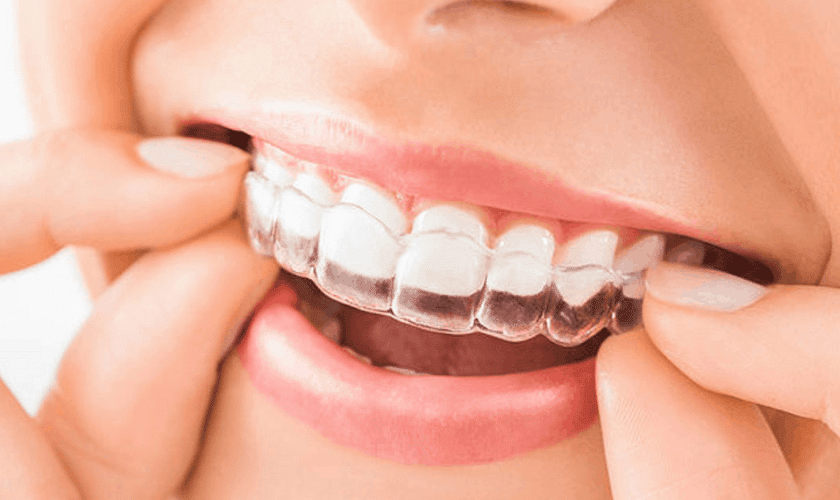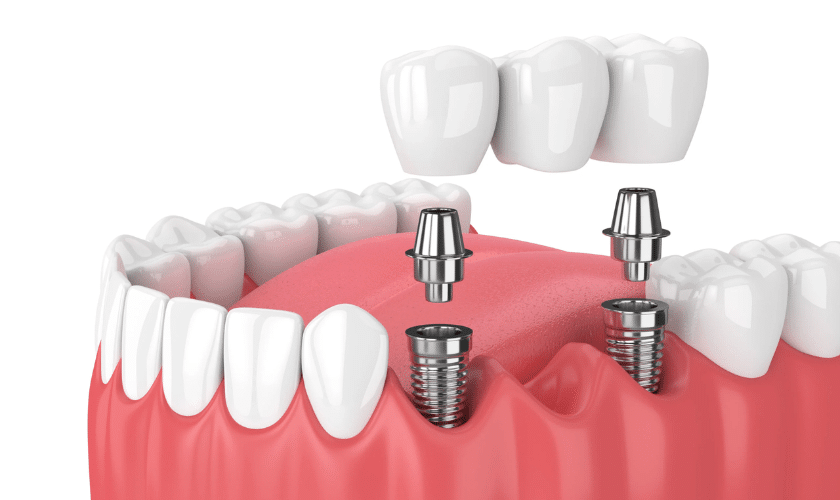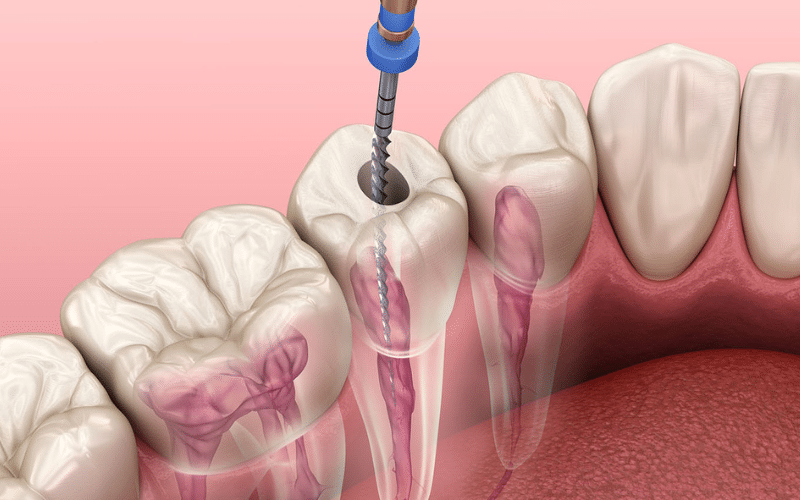
Dentures are made from acrylic, a type of plastic. They fit over your natural teeth and are held in place by tissue called a mucous membrane that lines the mouth. When cleaning dentures, be careful not to use abrasive cleaners or brushes because they could damage the acrylic material.
Cleaning dentures
- Use a toothbrush and toothpaste to brush your dentures. Dentures can be cleaned with a soft-bristled toothbrush, or you can use specially designed denture cleaners that are available at most pharmacies.
- Rinse well under warm running water after brushing, then dry before storing your dentures in their case or holder.
- Don’t store your dentures in an airtight container; moisture from saliva will cause them to become sticky and begin to degrade over time!
- Do not use bleach or other harsh chemicals on your artificial teeth–these products may damage the acrylic material used in their construction!
Replacing dentures
Dentures are a great way to replace missing teeth, but they do not last forever. In fact, many dentures will need to be replaced every 10 years or so. There are several telltale signs that your dentures may need replacing:
- You have trouble chewing food because it feels like there is something in the back of your mouth that isn’t there
- You have pain when eating certain foods (this can also be an indication of infection)
- Your bite feels off or uncomfortable when talking or laughing
Putting on dentures
When you’re putting your dentures in, the first thing you want to do is look in the mirror. This will help you see how they fit in your mouth and whether there are any gaps between them and your gums. If there are, it’s best to get them adjusted by a dentist or dental hygienist before using them for the first time.
Next, apply adhesive (the gluey stuff) directly onto both sides of each prosthesis–but don’t put too much! You just need enough so that it sticks when pressed into place without falling off immediately after being applied. Once they’re secured with adhesive, use some cream on top of them every day so they don’t dry out while wearing them overnight – this helps prevent cracks from forming around edges where food particles might become stuck between teeth and gums over time
Disinfecting dentures
- Use a denture cleaning solution, or baking soda and water: Dentures should be rinsed thoroughly and then soaked in a disinfecting solution for at least 30 minutes. You can also boil your dentures for 5 minutes (not longer than 10).
- Don’t use harsh chemicals: When cleaning your mouthguards, avoid using harsh chemicals like bleach or ammonia because they will damage the plastic material of the device. Instead, try to find products specifically designed for cleaning dental appliances.
Repairing and replacing parts of the denture
- Be careful of sharp edges. The edges of your denture can be sharp and could cause injury if you’re not careful. To avoid this, you should make sure that you have a soft cloth or towel when cleaning your dentures so that they don’t cut into the cloth or skin while they are being cleaned.
- Replace missing teeth with new ones as soon as possible to prevent further damage to the gums and jawbone. If there are any gaps in the upper or lower arch, it’s best to get them filled in with new teeth right away so no further damage occurs during speech or eating activities (which can lead to serious health problems).
Eating with dentures
To eat with dentures, you should use a spoon or fork when eating soft foods like soup and mashed potatoes. If the food is hard to chew, try cutting it into smaller pieces using a knife and fork. For example, if you’re having steak for dinner and want to eat it with your dentures in place, cut the meat into small pieces before putting them in your mouth. This will make it easier for you to chew them without damaging your new false teeth.
If possible, avoid foods that are difficult to chew such as popcorn kernels (they can get stuck between your gums) or nuts (they may crack or break off). If there’s nothing else available but these types of snacks at an event where everyone else is having fun eating popcorn or peanuts while chatting away together while holding their drinks around them then just go ahead anyway! Just make sure not too much time goes by before visiting us again so we can fix anything else wrong besides just fixing those missing teeth again.”
Conclusion
Dentures are a great alternative to losing your teeth and having traditional dentures made. They are much more comfortable and easy to wear, but they do require some maintenance in order for them to last longer and work as well as possible. With these tips, you’ll be able to keep your dentures clean and healthy so they last longer than ever before!





